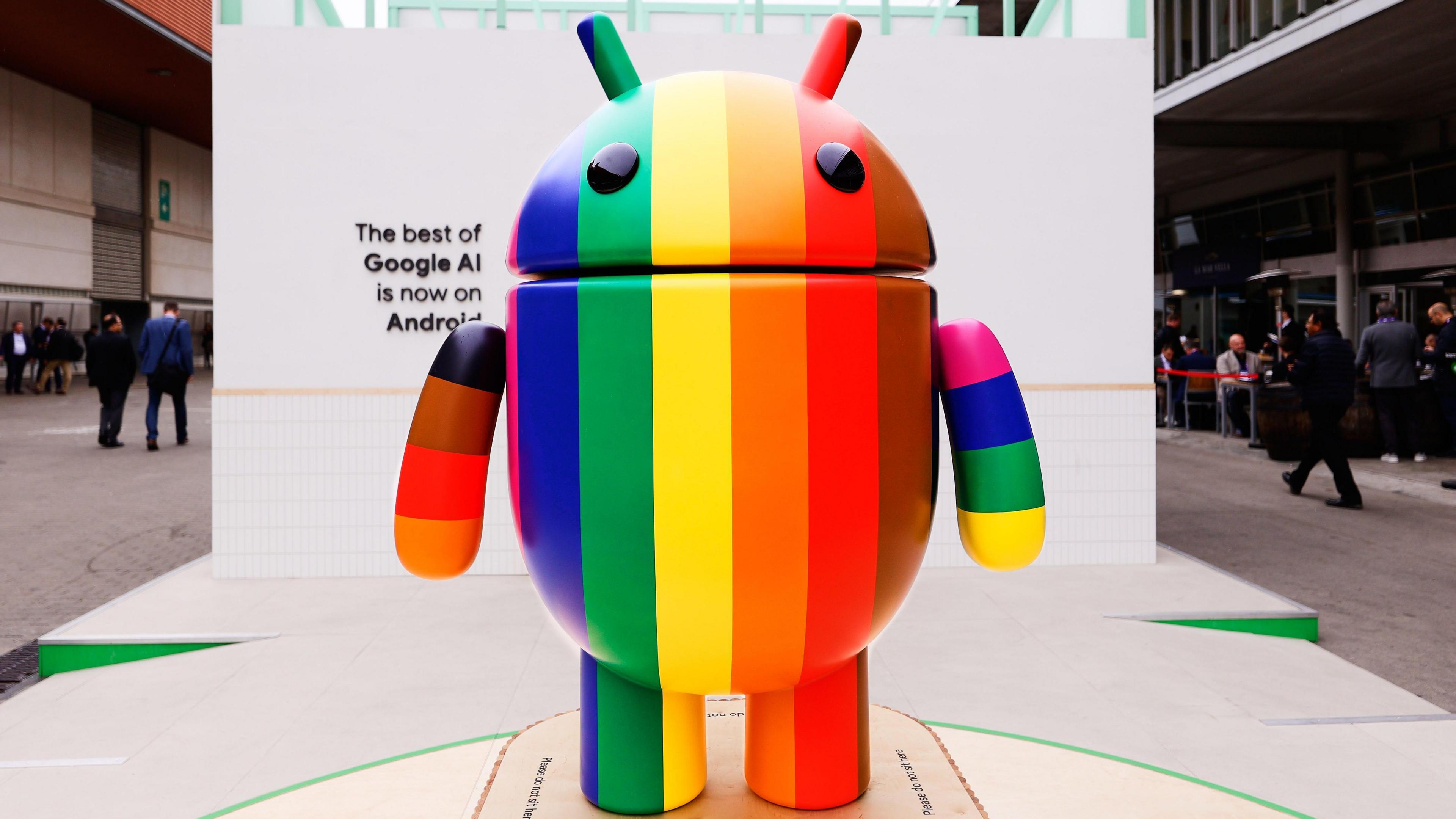
In response to a Bloomberg report suggesting that Chinese officials are considering allowing the sale of TikTok's U.S. operations to Elon Musk, TikTok has stated that this is "pure fiction." This response comes after a Bloomberg article claimed that Chinese officials were weighing the possibility of selling TikTok's U.S. business to the world's richest man if the U.S. Supreme Court upholds the ban on the app.
The justices of the U.S. Supreme Court are soon to rule on a law that sets a January 19 deadline for TikTok to either sell its U.S. operations or face a ban in the country. TikTok has repeatedly stated that it will not sell its U.S. business. "We cannot comment on what is purely fictional," a TikTok spokesperson told BBC News.
Bloomberg, citing people familiar with the matter, reported that one possible option being considered by Chinese officials is for Musk's X social media platform to take over TikTok's U.S. operations. X has not immediately responded to BBC's request for comment. Musk is a close ally of U.S. President-elect Donald Trump, who is set to return to the White House on January 20.
Last month, Trump urged the Supreme Court to postpone its ruling until after he takes office so that he can seek a "political solution." His lawyers submitted a legal brief to the court stating that Trump "opposes banning TikTok" and "seeks the ability to address the issue politically after he takes office." This came a week after Trump met with TikTok CEO Shou Zi Chew at his Mar-a-Lago estate in Florida. On Monday, two Democratic lawmakers, Senator Edward Markey and Representative Ro Khanna, also called on Congress and President Joe Biden to extend the January 19 deadline.
During last week's Supreme Court hearing, the justices appeared inclined to uphold the legislation and adhere to the deadline. In nearly three hours of debate, the nine justices repeatedly returned to the national security concerns that prompted the law. The Biden administration argues that, if not sold, TikTok could be used by China as a tool for espionage and political manipulation. The company has repeatedly denied being influenced by the Chinese Communist Party and says the law banning the company in the U.S. infringes on its users' First Amendment rights to freedom of speech.




















